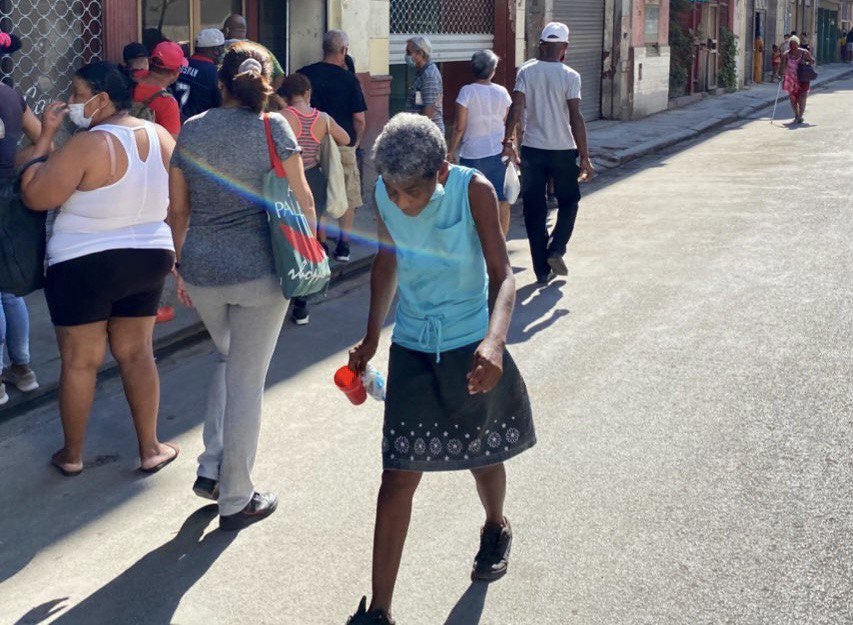Castroism has shown that the times of greatest scarcity are not the scenarios that most threaten its power

14ymedio, Yoani Sánchez, Generation Y, Havana, 23 September 2024 — The drip drip drip of bad news for Cubans does not stop. Within just a few days, the authorities announced the reduction in the size of the bread rolls sold in the rationed market; the energy deficit has escalated to a point where blackouts in many provinces exceed 12 hours a day; and the lack of water affects more than a million people throughout the island. Faced with such a scenario, citizens are wondering to what extent the situation could deteriorate in the coming months and what the government is willing to do to stop its fall.
Seen from outside, the crisis that Cubans are experiencing could be seen as the final stretch of a political and economic model that will end up imploding. However, Castroism has shown, over the course of six decades, that the moments of greatest scarcity and desperation are not precisely the scenarios that most threaten its power. The most difficult periods for ordinary people are the times the regime takes advantage of to tighten controls and reinforce its authoritarian discourse. This ideological radicalization can be perceived these days and grows in the same measure as do inflation and despair.
Analysts who have been wrong in successive predictions of an opening are once again venturing to predict that, faced with a lack of resources, the Plaza of the Revolution will have to embark on the path of reforms. But the signals that the Cuban government has given in recent weeks poi


